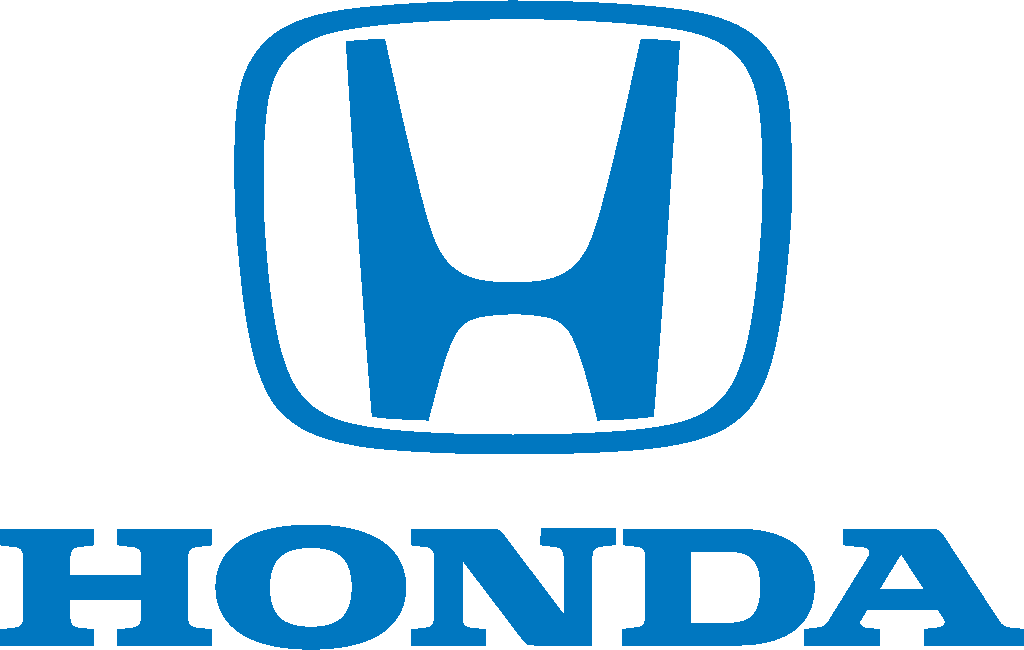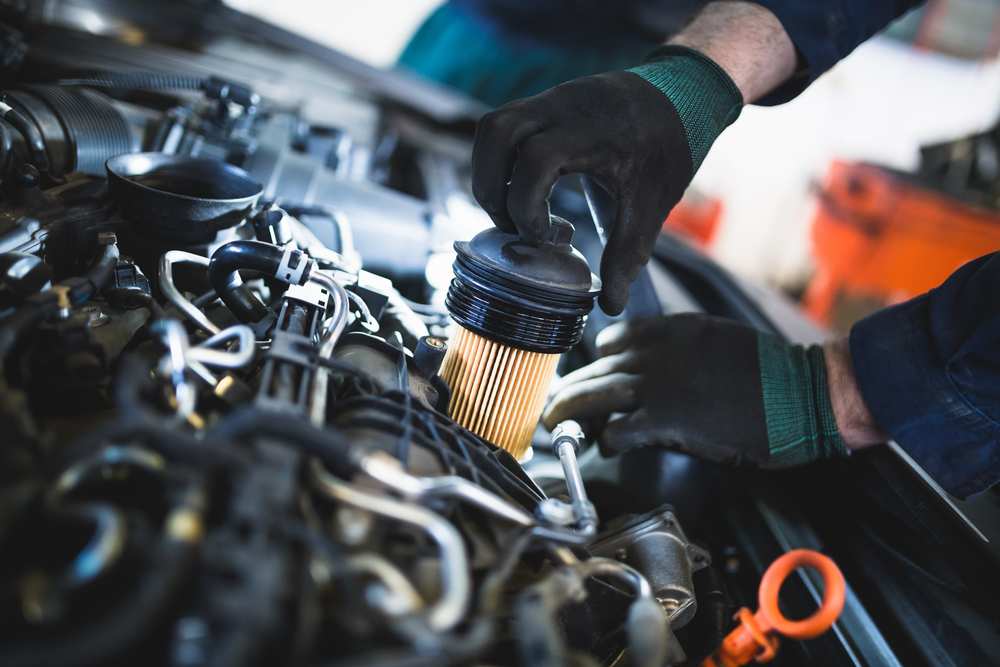Car maintenance is essential for every vehicle owner. By performing regular upkeep, you're ensuring safe and reliable transportation while protecting your investment. In this article, we will walk you through key automotive maintenance topics, helping you keep your car in peak condition.
Why Car Maintenance Matters
Regular car maintenance keeps your vehicle functioning smoothly and can save you from costly repairs in the long run. When it's time to sell or trade-in, having a thorough service history can also increase your car's value.
Yes, car maintenance requires time and money, but it's worth it to prevent significant repair expenses following a breakdown. At Kunes Service Centers, we make it easy to obtain maintenance pricing for your vehicle so you can budget accordingly.
Automobile engines are intricate machines with many interconnected parts. Proper mechanical upkeep, such as replacing spark plugs, drive belts, timing belts or chains, and changing air and fluid filters, is necessary to identify issues and keep the engine running smoothly.
Remember, neglecting preventative maintenance might void your car's warranty. Make sure to address fluid levels for brakes, power steering, radiator coolant, and engine oil. Other crucial components, like brake pads and windshield wipers, should be regularly inspected and replaced as needed to ensure optimal performance.
How Often Should You Get Your Car Inspected?
Always adhere to the manufacturer's maintenance recommendations found in the owner's manual. Keep in mind that many manufacturers now provide online owner's manuals on their websites. At a minimum, have your car inspected by a qualified mechanic every 12 months.
When you get your car’s oil changed at a repair shop or dealership, a multi-point inspection is typically included. In the past, it was common to change oil every 3,000 miles, but many modern vehicles using synthetic oil can go up to 10,000 miles between changes.
**Consult your owner's manual for specific maintenance requirements and inspection schedules based on mileage.**
Warning Signs Your Car Needs Maintenance
Even well-maintained cars will eventually face issues requiring unexpected service. Your vehicle may show signs that it needs attention before it breaks down. The "check engine" light or "service engine soon" indicator on your dashboard isn't the only cue that it's time for a visit to the repair shop:
-
Braking: Address any issues with your brakes immediately, as they are critical for safety. A "soft" brake pedal or unusual noises warrant immediate attention.
-
Acceleration: If your vehicle's performance changes, it may be time for an engine tune-up.
-
Vibration: Consult a mechanic if you notice shaking when starting, turning, or stopping your car.
-
Stalling or starting difficulties: If your vehicle stalls or struggles to start, it's time to find a solution with a mechanic.
-
Fuel efficiency: Changes in gas mileage might indicate faulty sensors or leaky fuel injectors.
-
Shifting: Rough shifts or lurching may signal transmission problems.
Sometimes, less apparent signs may indicate an issue with your car. Trust your instincts – if something feels off, it could be the beginning of a larger problem.
Contact one of our reputable mechanics at your local Kunes dealership if your car isn't performing well. Describe what you observe and hear when your vehicle starts acting up.
Vehicle Maintenance Checklist
A preventative maintenance schedule can help extend your car's lifespan and performance. This checklist outlines common tasks and their recommended frequency to keep your car in top shape.
Service intervals can vary by make and model, so follow your vehicle's maintenance schedule regardless of annual mileage.
-
Immediate Service: Check engine light, headlights/taillights, tire pressure light
-
Monthly Check-up: Fog lights, turn signals, brake and parking lights, oil and coolant levels, tire pressure and tread depth, windshield wiper fluid
-
3-Month Check-up: Oil and filters, battery and cables, belts and hoses, power steering fluid, wiper blades
-
6-Month Check-up: Rotate tires, wax vehicle, exhaust system, battery performance check, chassis lubrication
-
1-Year Check-up: Air filters, brakes, inspect shocks and struts, coolant/antifreeze
-
2-Year Check-up: Ignition system, transmission fluid, fuel filter
-
Long-Term Check-up: Transfer case fluid, front and rear differential, tire replacement, battery, timing belt
These milestones are general guidelines and not an exhaustive list. Always follow your car manufacturer's recommendations for scheduled vehicle service, and use qualified mechanics to perform work on your car. Regular maintenance ensures your car remains in optimal condition, protecting your investment and ensuring safe, reliable transportation.
Remember that staying on top of your vehicle's maintenance not only ensures its performance and longevity but can also save you from costly repairs in the long run.
Here are some additional maintenance tips to consider:
Alignment and suspension: Have your vehicle's alignment and suspension checked every 12 to 18 months, or whenever you notice the car pulling to one side, uneven tire wear, or a bumpy ride. Proper alignment and suspension contribute to better fuel efficiency, tire longevity, and overall vehicle safety.
Check for recalls: Stay informed about any recalls or updates related to your vehicle. Visit the National Highway Traffic Safety Administration (NHTSA) website to search for recalls by your vehicle's make, model, and year. Addressing recalls promptly can prevent potential safety issues and costly repairs.
Clean your car's interior and exterior: Regularly cleaning your car inside and out can help prevent wear and tear on the upholstery, dashboard, and paint. Vacuum the interior, wipe down surfaces, and clean the windows to maintain a comfortable driving environment. Regularly washing and waxing your car's exterior can help protect the paint from dirt, debris, and sun damage.
Maintain your vehicle's electronics: Today's vehicles are equipped with a myriad of electronic components and systems. Pay attention to any warning lights on your dashboard and consult your owner's manual for guidance on addressing these issues. If you're unsure about a warning light or the performance of your vehicle's electronics, consult a professional mechanic.
Inspect your spare tire: Don't forget to check your spare tire's condition and air pressure. A properly maintained spare tire can be a lifesaver if you experience a flat tire or other tire-related issue while on the road.
By maintaining a proactive approach to vehicle care, you'll ensure a smoother, safer driving experience and preserve the value of your car. Don't hesitate to reach out to one of our trusted mechanics at Kunes Honda of Quincy's Service Center for assistance with any maintenance tasks or concerns. We're here to help keep your car in top-running condition, so you can enjoy the open road with peace of mind.
Listen to your car: As a vehicle owner, you become familiar with how your car sounds and feels during normal operation. Pay attention to any unusual noises, vibrations, or changes in performance. These could be early signs of potential problems that should be addressed by a professional mechanic.
Keep an eye on fluid leaks: Fluid leaks can be a sign of a more significant issue. Regularly check your driveway or parking spot for signs of leaks, such as oil, coolant, or transmission fluid. If you notice any leaks, consult with a mechanic to diagnose and fix the problem before it becomes a more expensive repair.
Don't ignore dashboard warning lights: While some warning lights may indicate minor issues, others can signal severe problems that require immediate attention. Consult your owner's manual for guidance on what each warning light means and follow up with a professional mechanic if needed.
Replace worn or damaged components: Regular wear and tear can cause components like hoses, belts, and seals to degrade over time. Inspect these parts regularly and replace them as needed to prevent more significant issues down the road.
Keep records of your maintenance: Maintaining detailed service records can help you track your vehicle's maintenance history and ensure you stay on top of recommended service intervals. These records can also add value to your car when it's time to sell or trade it in.
At Kunes Honda of Quincy's Service Center, we understand the importance of proper vehicle maintenance and are committed to providing top-notch service to keep your car running smoothly. Our knowledgeable and skilled mechanics are equipped to handle a wide range of maintenance tasks, from routine check-ups to more complex repairs. We pride ourselves on delivering exceptional customer service and ensuring your vehicle remains safe and reliable on the road.
By following these maintenance tips and recommendations, you'll not only protect your investment but also enjoy a safer, more efficient, and pleasurable driving experience. Remember, regular maintenance is the key to keeping your car in top-running condition and preventing unexpected breakdowns and costly repairs. Don't hesitate to reach out to Kunes Honda of Quincy's Service Center for all of your automotive maintenance needs – we're here to help and make it easy!



